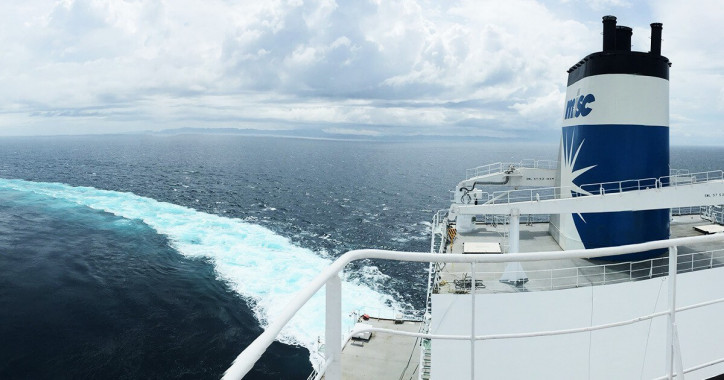MISC Berhad (MISC) through its subsidiary has signed an agreement with Mitsubishi Corporation and Nippon Yusen Kabushiki Kaisha (NYK) to co-own two newbuild LNG vessels mainly for the LNG Canada project.

Both LNG carriers have a capacity of 174,000 cubic metres (cbm) and are currently being built by Hyundai Samho Heavy Industries (HSHI). These vessels will feature state-of-the-art technologies including modern XDF propulsion and partial re-liquefaction facility for higher efficiencies and to meet the demand for worldwide trading and long-haul voyages.
Each of the LNG carriers will respectively serve Diamond Gas International Pte. Ltd.’s (DGI) requirement on an 18-year charter contract. DGI is a wholly-owned subsidiary of Mitsubishi Corporation that manages the sales and marketing of Mitsubishi Corporation’s equity offtake of LNG volumes from US and Canada as well as from other countries around the world. These two LNG carriers will be delivered in 2021.
MISC’s President / Group Chief Executive Officer, Mr. Yee Yang Chien said: “MISC is proud to be part of this significant milestone together with Mitsubishi Corporation and NYK in this strategic partnership to meet the needs of the evolving LNG industry. This tri-party partnership is in line with MISC’s strategy of diversifying our business ventures to support the expansion of our thirdparty business portfolios and further broaden our revenue sources. We are very pleased to enter into this maiden collaboration with Mitsubishi Corporation and at the same time extend our longstanding partnership with NYK which dates to the times as co-owners of the Aman Class vessels.”
The signing of the agreement took place in Tokyo where MISC was represented by Mr. Zahid Osman who is the Vice President of LNG Business, MISC Berhad. Also present to witness this significant milestone is Mr. Yee Yang Chien, President & Group CEO of MISC.
MISC is currently one of the largest single owner-operator of LNG tankers in the world with distinguished reputation for overall operational excellence, reliability, safety and on-time cargo deliveries. At present, its LNG fleet comprises of 29 LNG carriers and two FSUs with a combined deadweight tonnage (dwt) capacity of over 2 million dwt.
Source: MISC